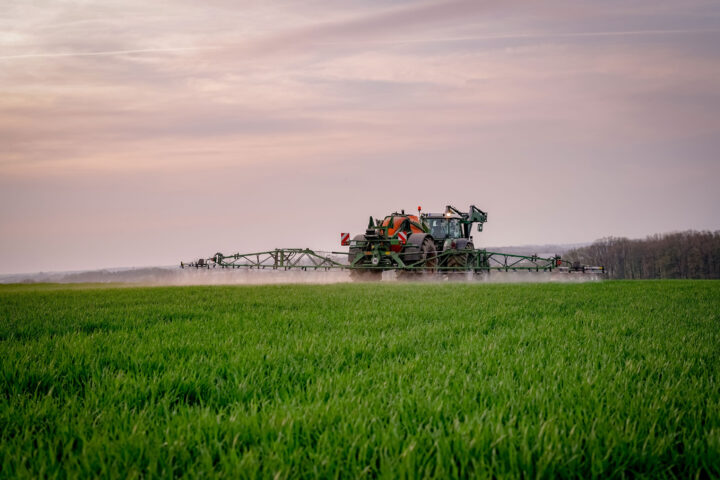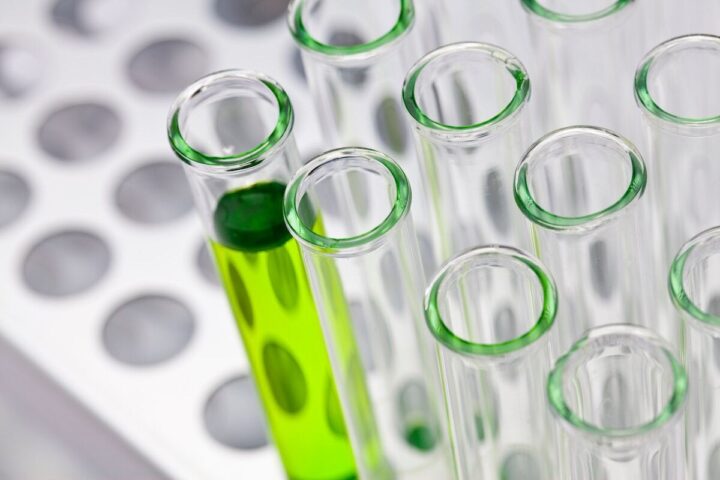
'There is also a life before death' – Wine Pope Philipp Schwander on the Zeitgeist and the Activism of Health Authorities
The Swiss Master of Wine criticizes in an interview that wine is increasingly being demonized – contrary to scientific evidence and without any discussion about dosage and risk.
Monday, November 3, 2025
Philipp Schwander, Switzerland’s best-known wine merchant and Master of Wine, speaks out clearly on the current alcohol debate. In an interview with CH Media, he criticizes the increasing demonization of wine and alcohol in general. 'The discussion has completely gone off track. Wine has scientifically proven positive effects,' says Schwander. Instead of arguing in a nuanced way, international organizations, authorities, and media warn against every glass in a blanket fashion.
For example, the WHO based its position on a 2018 Lancet study that claimed even the first glass of alcohol was harmful to health. 'Hardly anyone knows that in 2022 a follow-up study in The Lancet corrected this false claim,' Schwander emphasizes. Yet this correction is simply ignored in public debate.
Other renowned studies – such as the NASEM report commissioned by the U.S. Congress or research by the American Heart Association – also conclude that moderate wine consumption has positive health effects. For completeness, it should be mentioned that the SonntagsZeitung did indeed acknowledge the NASEM report and headlined: 'Alcohol is not only bad: One or two drinks a day are okay.'
A nearly missionary rejection of alcohol is also observed by Patrik Müller, editor-in-chief of CH Media: 'Enjoyment used to be easier. Today it’s under moral control. If you order a glass of wine at lunch, you’re immediately suspect. Alcoholic?' He asks: 'Who sets these behavioral norms? Why not let everyone enjoy what they like best?'
According to Schwander, the reason lies in the spirit of the age: health, self-optimization, and longevity have become the new guiding principles, especially for younger generations. 'Alcohol no longer fits into that lifestyle. But there is also a life before death!' Wine, he argues, is part of European culture, and its demonization is ultimately an attack on identity and joie de vivre.
At the same time, Schwander calls for a liberal and evidence-based attitude – also toward abstinence. 'It’s equally wrong if people have to apologize for not drinking. Everyone should be free to choose.' He doesn’t see the decline in Swiss wine consumption — from 47 to 24 liters per capita since 2003 — as problematic, as long as it reflects free behavior rather than political pressure.
Provocatively, Schwander even suggests creating a 'Federal Office of Pleasure' in Bern — as a counterweight to health authorities that, in his view, are searching for new fields of activity now that smoking is heavily regulated.
Wine, Quality, and Responsibility
In the 'Green Sofa' conversation format by Syngenta, Schwander also presented himself as a pragmatic thinker with a strong focus on quality. The Master of Wine, who sells personally selected wines under the label Sélection Schwander, spoke there about viticulture, plant protection, and sustainability.
He explained the differences between conventional, organic, and biodynamic winegrowing: while organic viticulture uses copper and sulfur to fight fungal diseases, conventional viticulture allows all approved crop protection products. 'Copper doesn’t cause resistance but accumulates in the soil — every method has its pros and cons,' Schwander notes.
As for whether viticulture without plant protection is possible, he remains realistic: 'In theory, yes — under ideal climate conditions. But when vines get sick, one should be able to intervene. It’s like with humans: you can live without medication, but when you’re seriously ill, you need help.'
This mindset runs through Schwander’s thinking: differentiation instead of dogma, science instead of ideology, freedom instead of paternalism — whether it’s about plant protection, medicine, or the enjoyment of wine.
Sources
Kindly note:
We, a non-native editorial team value clear and faultless communication. At times we have to prioritize speed over perfection, utilizing tools, that are still learning.
We are deepL sorry for any observed stylistic or spelling errors.
Related articles

Unfounded Fears of Subtle Poisoning
In a compelling interview with Berliner Tagesspiegel, Andreas Hensel, a renowned Ger-man veterinary, and microbiologist, underscores the often-misunderstood perceptions regarding pesticide-related risks.

«Synthetic equals toxic? Wrong!»
When shopping for food on a daily basis, we often rely on our gut feeling. This can be very useful and save us a lot of thinking. But when it comes to assessing risks, our gut feeling can also be deceptive. Angela Bearth, a behavioural psychologist at ETH Zurich, explains why this is the case in the swiss-food podcast.

Natural is naturally dangerous – Why the plant's own poisons are underestimated
Many believe that natural foods are safer than those with synthetic pesticides. But plants produce their own poisons – and these are often just as risky. While artificial residues are regulated, natural defences are largely ignored. A fallacy, as scientist Bruce Ames shows.

How our daily lives end up in the water
When residues in our waters are discussed, agriculture is often portrayed as the main culprit. Yet a closer look shows that the sources are diverse and often much closer to everyday life than assumed.

New Breeding Methods at a Crossroads
It will soon become clear whether plants developed through modern genomic breeding techniques will be allowed to be cultivated in European fields in the future. Switzerland in particular would be well advised to at least keep an eye on decisions made in Brussels in order not to fall behind.

Why Strict GMO Regulation Stifles Innovation
New breeding techniques such as CRISPR-Cas are considered key to developing resilient crops, stable yields and reducing the need for plant protection products. ETH professor Bruno Studer warns that overregulating these technologies strengthens precisely those large agricultural corporations that critics seek to curb, while excluding smaller breeders and start-ups from the market.

A Superfood with Benefits and Challenges
Sweet lupin is Biovision’s “Superfood of the Year 2026.” It delivers high protein content, improves soils and supports biodiversity. Yet a closer look at agricultural practice shows that without breeding, crop protection and innovation, even this superfood remains a challenging crop.

